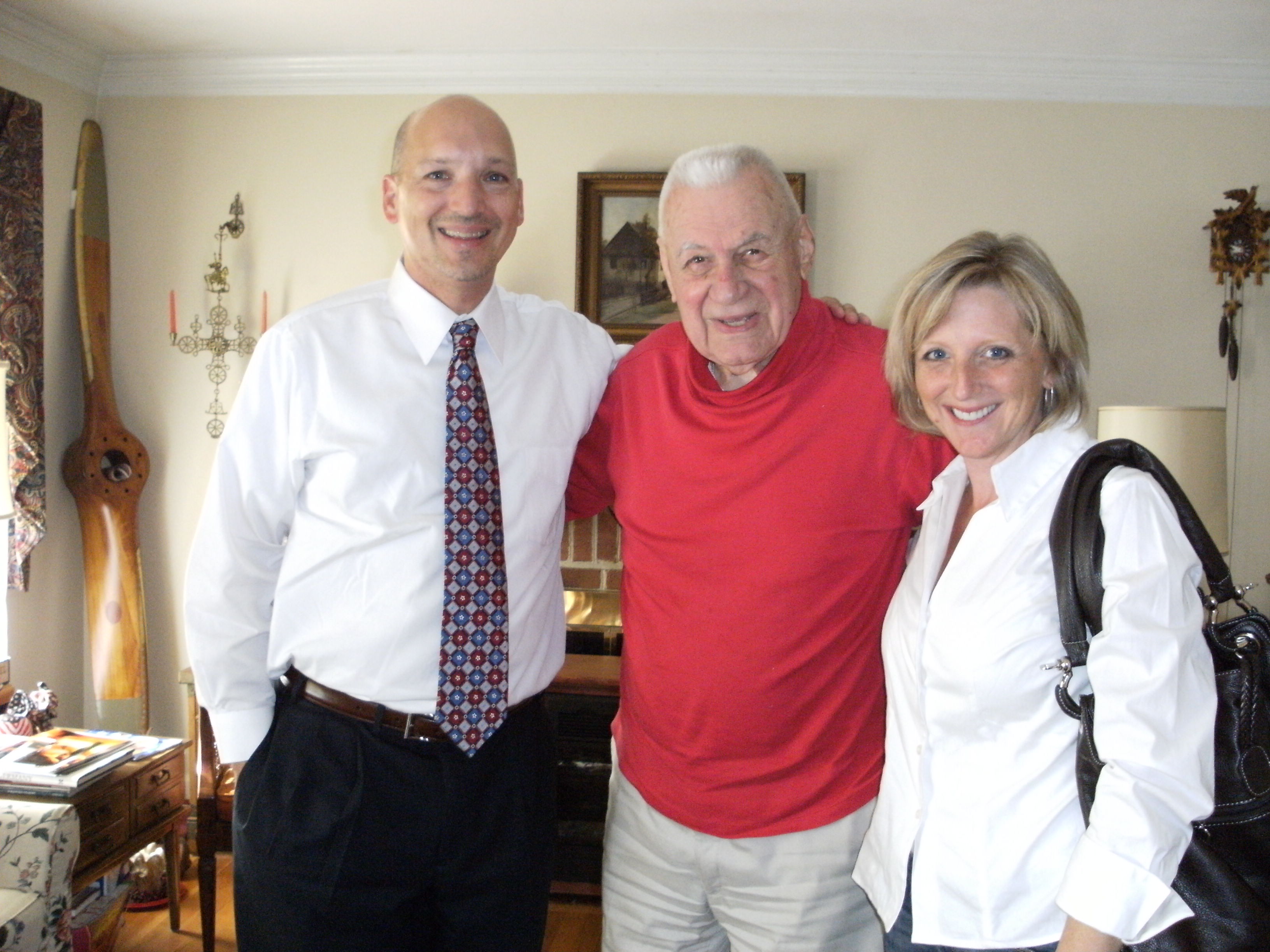I’m not at all ashamed to admit that my family and I love Disney World. We’ve been there a number of times, and we never tire of going back. One of the reasons we love it so much is that Disney knows just how to make you feel special. Whenever we go there, we are “guests,” and we are treated that way.
When you’re on Disney property you never know when it might be your turn to be treated royally. There was the time when Ben was about 5-years-old that a female member of the “American Experience” octet (in EPCOT) sang personally to him in front of a huge crowd: “I’ll never find one cuter than you…skip to my lou my darlin’.” Sure he was embarrassed. But he’ll never forget it.
There was the time Ashlyn got to pose with her favorite princesses, get their autographs, and capture a picture that would last forever.
There was the time the hotel maid gave my in-laws a special Disney music box on their 45th wedding anniversary.
Disney knows how to make you feel special. They know how to create an experience. They know that these kinds of memories create loyal “guests” who will come back again and again.
This spring we decided that the February-March time frame is awfully difficult for the teachers in our school. It’s been quite some time since Christmas break. Winter is dragging on. The kids are getting kind of “squirrelly.” So we took a page out of Disney’s book and tried to create an experience that would make at least a day “special” for each of our teachers.
We solicited funds from members of our congregation. Collected enough to get $50 gift certificates for each of the teachers…each certificate chosen especially according to the interests of the specific teacher. Then we had a couple of volunteers from our church burst into the classroom, place a crown on the teacher’s head, and proclaim him or her king or queen for the day: complete with confetti, cheering, a certificate, and a proclamation.
The students in each class loved the “intrusion,” and thought it was pretty special that their teacher was king or queen for the day. The teachers enjoyed the special attention…and the gifts. And our congregation thought it was important enough to honor those who serve each day with such hard work and dedication. It is our hope that these little experiences will make our teachers feel appreciated, and that they will respond with further loyalty and dedication. We love our teachers and want to keep them around as long as we possibly can.
I’m reminded of Palm Sunday. Jesus is treated as a King for a day. But it doesn’t last long, does it?! Before you know it, he’s before Pilate, being whipped and beaten, and finally crucified on a cross. But that’s where He truly becomes King of Creation. Through His suffering, death, and resurrection, Jesus is the King of all creation who rules not with an iron fist, but with His love and grace.
In Baptism, we become royal heirs. And when Jesus returns again, we will be treated like royalty not just for the day, but for an eternity.
Who can you make king or queen for the day today? What ideas do you have to make someone feel honored, special, or loved? Please share your comments.


